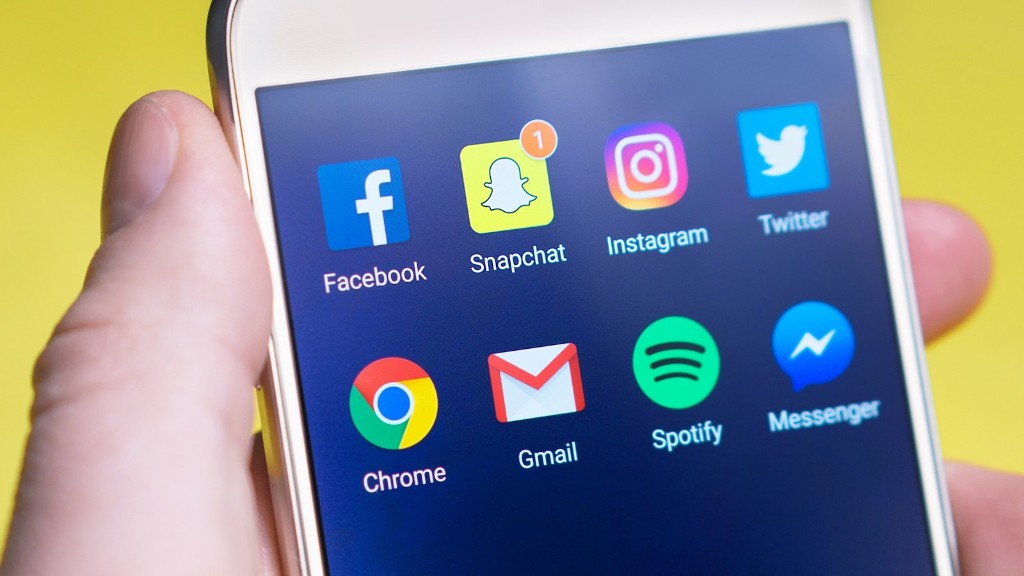Digital marketing is a process that uses digital technologies to promote and market products or services. It encompasses a wide range of activities, including but not limited to: search engine optimization (SEO), content marketing, social media marketing, email marketing, online advertising, and mobile marketing.
Digital marketing is a fast-paced and ever-changing field. It can be difficult to keep up with the latest trends and best practices. Here’s a look at a typical day in the life of a digital marketing professional:
8am: Check email and social media notifications. Plan out the day’s tasks and create a to-do list.
9am: Start working on tasks from the to-do list. This may include writing blog posts, creating email marketing campaigns, working on social media posts, conducting research, or designing advertising materials.
11am: Take a break to check personal email and social media accounts.
12pm: Lunch break.
1pm: Resume working on tasks from the to-do list.
3pm: Coffee break.
4pm: Finish up any remaining tasks on the to-do list.
5pm: Check email and social media one last time. Respond to any urgent messages or comments.
6pm: End of the work day.
What is a typical day as a digital marketer?
A typical day in the life of a digital marketing manager generally includes some combination of administrative duties (eg, emails or team meetings), content creation, strategic planning, and real-time data analysis. However, the most important part of the job is staying up-to-date on the latest digital marketing trends and technologies. By keeping abreast of the latest developments, a digital marketing manager can ensure that their company is at the forefront of the digital marketing landscape.
A marketing career can be quite stressful. You may have to do a lot on a daily basis to keep up with the demands of the job. Pacing yourself can make it easier to handle the stress. It can also save you time if you start with easy tasks first.
What is it like working in digital marketing
A digital marketing career is exciting because it is always evolving. With new platforms being introduced, a digital marketing manager is always scoping out trends and seeing how they impact discoverability. This means that the job role is constantly changing, which keeps things interesting. If you are looking for a career that will always keep you on your toes, then digital marketing is a great option.
It’s important to be aware of the potential for a different work schedule when you’re considering a career in digital marketing. While the standard work week is Monday through Friday, 9 to 5, you may find yourself working for a company in a different time zone or with a unique work schedule. This could include working weekends or evenings, or even a rotating schedule that changes each week. It’s important to be aware of these potential differences so you can be prepared for what to expect.
Is being a digital marketer hard?
If you’re unfamiliar with search engines, data analytics, or content management, you can expect to feel a bit overwhelmed at the beginning, especially if you are trying to learn digital marketing on your own. However, digital marketing is not necessarily hard to learn – it just takes time, effort, and persistence. If you’re willing to put in the work, you can definitely learn digital marketing and use it to grow your business.
The salaries of digital marketing managers depend on their experience and location. Mid-level digital marketing managers can earn $72,043 per year, while senior-level managers can earn an average of $82,483 per year. The salary varies by location as well.
Is digital marketing high paying?
Digital marketing is one of the most in-demand and highest-paying jobs in India. It is also one of the fastest-paced and most challenging industries to work in. If you are looking to start a career in digital marketing, you should consider posts like social media marketing or email marketing. These posts will give you the skills and knowledge you need to advance quickly to higher positions in high-growth companies.
Digital marketing jobs are in high demand and here to stay. Companies and organizations rely on digital marketing experts to help them grow their business. This area of expertise is very important and will continue to grow.
Is being a digital marketer worth it
Remote work has become increasingly popular in recent years, and digital marketing is a skill that can be done from anywhere. This means that digital marketing jobs will become even more in-demand as more and more people are working remotely. And because digital marketing skills can be applied to a variety of industries, there will be a wide range of job opportunities available for those with the right skillset.
The 7 Cs Compass Model is a helpful tool for marketing managers because it takes into account both the marketing strategies and the target market segment. The seven Cs are Corporation, Commodity, Cost, Communication, Channel, Consumer and Circumstances. This model can be used to help create a well-rounded marketing plan that takes into account all aspects of the marketing mix.
What are the 4 E’s of digital marketing?
It’s time to enter some E’s into the equation! The future of marketing involves the 4 E’s: experience, engagement, exclusivity, and emotion. Instead of thinking about how and when to use the 4 E’s, consider why someone would connect with a product or service. If you can tap into the emotional needs of your target market, you’ll be well on your way to success!
The four Ps of marketing are product, price, place, and promotion. These are the four key areas that need to be considered when marketing a product or service. By focusing on these four areas, marketers can develop a well-rounded marketing strategy that will help them achieve their objectives.
What is the hardest part of digital marketing
Digital marketing is constantly evolving, and with that comes new challenges. Here are 5 current digital marketing challenges:
1. A customer-centric market: In order to succeed in today’s market, businesses need to focus on the customer first and foremost. This means creating a customer-centric strategy that puts the customer at the heart of everything you do.
2. Creating engaging content: With so much content out there, it can be a challenge to create content that is truly engaging and will capture the attention of your target audience.
3. Complying with privacy and data-sharing regulations: With the new GDPR regulations coming into effect, businesses need to be extra careful about how they collect, use, and share customer data.
4. Mobile-friendly approach: With the majority of people now using mobile devices to access the internet, it’s essential that your website and content are optimised for mobile.
5. Omnichannel marketing strategies: With consumers interacting with brands through multiple channels, it’s important to have a seamless omnichannel marketing strategy in place to ensure a consistent experience across all touchpoints.
Digital marketing tools and techniques are constantly evolving, so it’s important to stay up-to-date on the latest developments. It takes most people one to three months to learn the different digital marketing tools and techniques, and it takes six months to a year to perfect those skills through practice.
Can I be a digital marketer with no experience?
In order to be a successful freelance digital marketer, you should have a basic understanding of marketing principles and digital marketing strategy. Additionally, it would be helpful to have some experience with the various tools and platforms used in digital marketing, such as social media, search engine optimization, and email marketing. Having a strong portfolio of previous work is also beneficial, as it can help to show potential clients what you are capable of.
Working hours for marketing and advertising professionals are typically 37 to 40 hours per week, although hours will increase during large-scale marketing campaigns and project work. Part-time work is available, and short-term contracts are also generally available through recruitment agencies.
Final Words
A day in the life of digital marketing may involve creating and executing a digital marketing plan, conducting market research, managing social media accounts, and creating content. The goal of digital marketing is to promote a brand or product online through various digital channels.
In a world where digital marketing is everywhere, a day in the life may look something like this: You wake up and check your phone for any new messages or notifications. You see a new email from your boss, and you head to your computer to start your work day. You spend a couple of hours responding to emails, writing a blog post, and working on a couple of ad campaigns. Around lunch time, you take a break to check your social media accounts and see how your latest post is doing. After lunch, you work on some more campaigns and then wrap up your day by writing a few more emails. You head to bed and check your phone one last time before you fall asleep.





